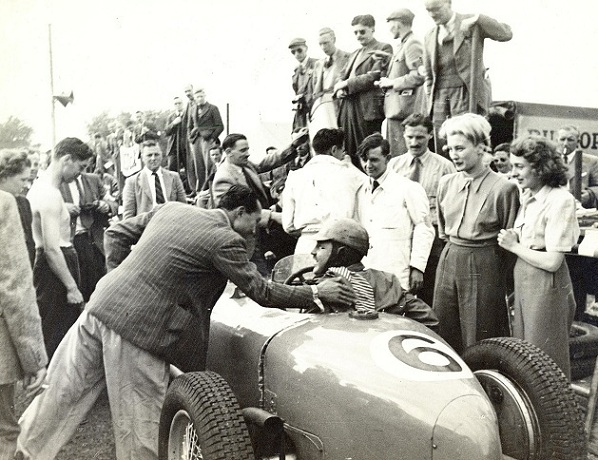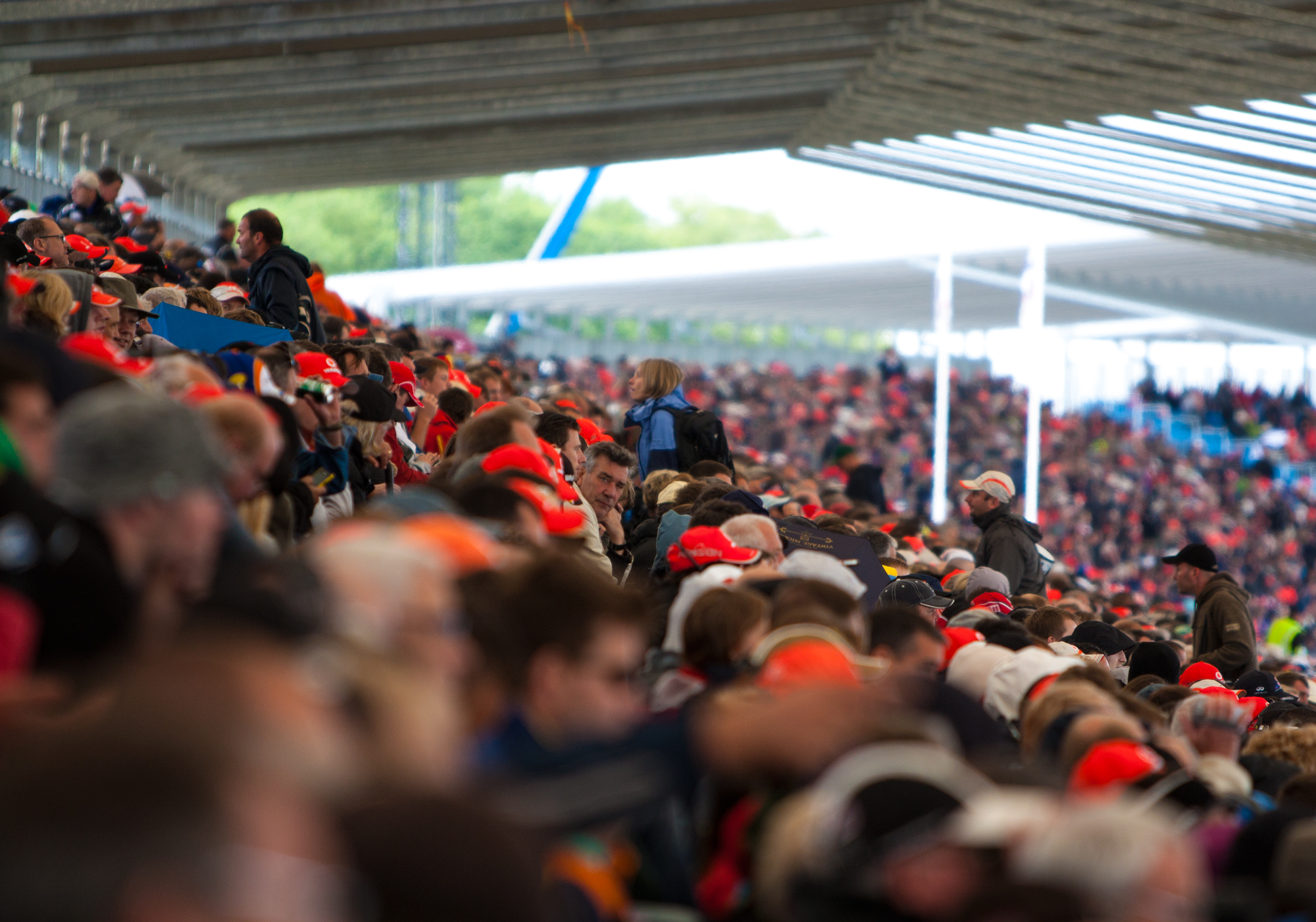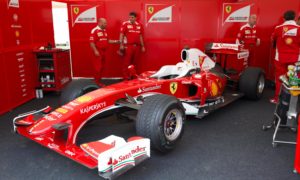The blogosphere has been bubbling in the last 24 hours with a special kind of anti-Lewis Hamilton article. Some glory in a ”dickhead” quote from a minor Australian politician (see Marca, the Guardian); some still find tabloid inches from his minuscule motoring indiscretion; even respected commentators like James Allen are at the very least calling him “less mature” than Jenson Button. It seems the passion for knocking down those you have built up is not diminished. But Hamilton is still the pick of McLaren’s drivers following Australia, and here’s why.
The decision to pit for slick tyres that Button made, while with hindsight extremely advantageous, was essentially a risky one. His crew were not ready when he made the decision, and this is anathema to an ultra-prepared team like McLaren. When he returned to the track, let us not forget, he immediately fell off the road and was lucky to avoid the quicksand-like gravel trap. It all could have ended so soon and in such ignominy for Button, but fortunately for him his luck was in. His luck was in that it didn’t rain again; his luck was in that Alonso was mystifyingly prevented from further attack; his luck was in that Vettel broke down. He was under no threat, and as such could drive in that silky way he does, and take the win.
Hamilton’s only failing was that he, in contrast to Button and again to his own detriment, played the team game. He obeyed the team’s instruction to pit for a second set of dries, under the completely understandable misapprehension that the Ferraris and Kubica would have to pit again. Meanwhile, he had driven his heart out. He overtook Button in the early stages, fairly and beautifully, as well as Massa. He took Rosberg on, and passed him incredibly bravely at 150mph on the outside on the back straight. He chased the Ferraris down, lap after blistering lap, and would surely have disposed of Alonso and Massa in the final few laps. Many, not least Martin Brundle in his BBC column, agreed with the 25-year-old’s post race assertion that it had been one of his “best drives”.
The belief that Hamilton would have destroyed his tyres because of a more ragged driving style is popular (and may have informed McLaren’s call), but unprovable. Hamilton has a reputation for being hard on tyres, but he did not suffer unduly in Bahrain. How tough the McLaren MP4-25 really is on its tyres, compared to its 2007 incarnation when shot tyres caused Hamilton championship woe in China, is yet to be seen, and could well be a 2010 weakness for the Stevenage man. But suffice it to say that some at Autosport actually believed after pre-season testing that it was Button who struggled to work heat into his Bridgestones, and wore them at a quicker rate, than Hamilton. All we know after Australia is that Lewis’ raw pace was enough to bring him to the back of the one-stoppers, despite he himself having made two. That means he made up a deficit of something approaching 30 seconds, an achievement that ranks with the very best. Surely that pace would have meant competition in the midst of the Ferraris at the very least had he not stopped again.
The idea that Hamilton is somehow losing his cool, or that he is fazed by having Button in the team, is ludicrous. The mid-race transmission that Hamilton broadcast to his team and the world, about the second pitstop being a “fricking terrible idea”, was inadvisable but completely justifiable, especially in the heat of the moment. Further to that, it is impossible to say his judgement was at fault when the team made the decision and he, in faith, followed it. McLaren also today ascribed Hamilton’s radio message to his desire to win. His adherence to the team line would seem to be much preferable to disregarding strategy, falling into the pits and falling off the road at Turn One, as Button did. Some have called Button’s win leadership from the cockpit; it could be called the luck of the gambler.
Moreover, there is no justification for equating Button’s risky decision-making with maturity. Had Hamilton stayed out and it had turned out to be the wrong decision, he might also now be the target of jibes about cockiness and arrogance. In general, Hamilton as a man has come on leaps and bounds in the last year, particularly as he suffered the terrible MP4-24 and the Liegate scandal. The Australian weekend, even coupled with the road indiscretion, is in no way demonstrative of immaturity. There is something to be said for the idea, too, that it is Hamilton’s burning ambition that makes him such an exciting driver to watch. If (and it is a big if) it is an immature Hamilton that sparks such joy in the spectator, may he never grow up.
With the exception of Australia qualifying, Hamilton has generally outpaced his fellow Brit up to now. Many consider him to be the fastest natural driver on the grid, with due deference to Fernando Alonso’s being the all-round best. Button is, as Mark Hughes has said, excellent when the car and the conditions play to his strengths. He has received the credit for the Australian win, as he should. But Hamilton is his superior in talent and speed, and Australia did not go any way to disproving that. Particularly as Button’s win owed nearly as much to chance as it did to his undoubted talent for tyre conservation.








